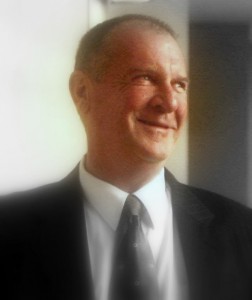by Rev. Geoffrey R Usher
Sixty years ago, when I was a primary school child in Adelaide, life was very different in many ways from what it is now. We did not have television. We did have trams – but not today’s “light rail”. Space travel was still the stuff of science fiction.
We can marvel over the scientific and technological changes which have taken place within my life-time. We can be prompted into speculating on what the world will be like in another 50-60 years from now. We can wonder whether artificial intelligence will ever become a reality, or whether the space-docking stations will ever evolve into settled space colonies.
These are moot questions. Just as I, in my childhood all those years ago, could not know what changes I would see in my life-time, so I cannot know what will come in the remainder of my life-time, let alone the life-times of my children, or beyond.
One thing we can know, however. If religion is to serve us in those future days and years; if it is to live up to its promise of establishing wholeness in the self and in the world: then it needs to be prepared so that it may meet what scientific and technological developments are to be born.
We will need to work on it. It will not be easy. New human achievement and expanded knowledge have always been a struggle for religion.
No matter the age, no matter the advancement: much of religion has been threatened by scientific discovery and technological innovation to the point where they have been viewed as a menace – a threat – to both theology and morality. That view has rarely resulted in good.
Read the rest of this sermon here.
 Please join Spirit of Life Unitarian Fellowship in welcoming Anthony Venn-Brown as our speaker on 23 January. Services are held each Sunday as follows. Visitors welcome.
Please join Spirit of Life Unitarian Fellowship in welcoming Anthony Venn-Brown as our speaker on 23 January. Services are held each Sunday as follows. Visitors welcome.